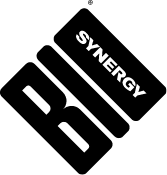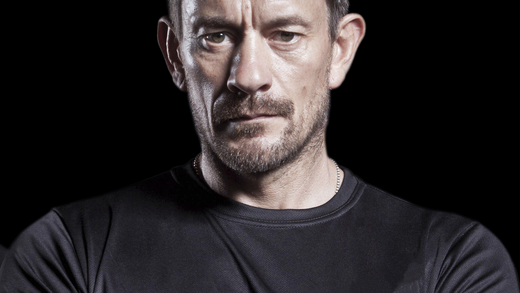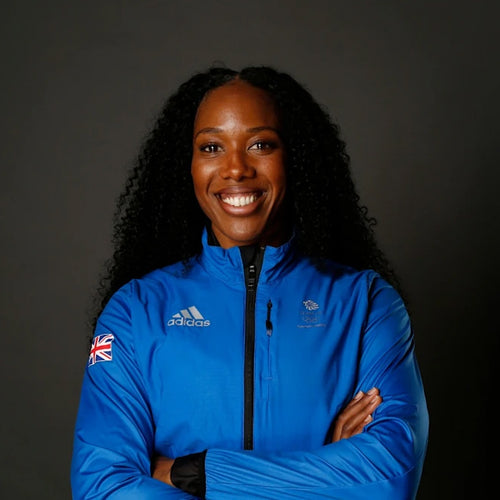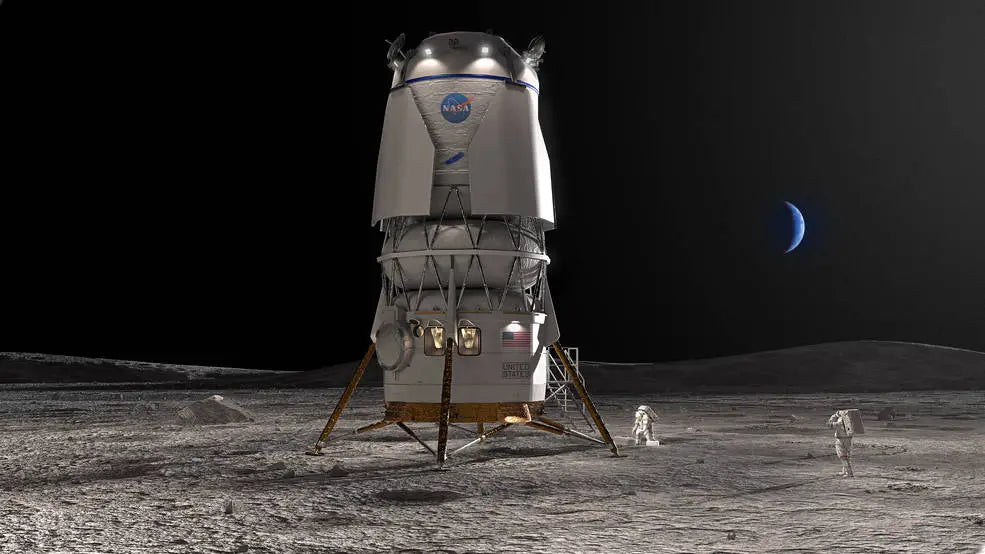Ollie Ollerton is a former UK Forces Special Soldier who appeared on Channel 4’s SAS: Who Dares Wins. He is also the author of several books including the Sunday Times best-seller, Break-Point, which reveals his story and life lessons. He now runs corporate Break-Point events to change the way people think.
DH: Tell us about Break-Point.
OO: Break-Point has gone from being something that's more about health and wellbeing to what’s the journey? We started off in 2000. I came back from overseas and I put myself through a mental reset.
I needed to make some changes to my habits which were quite destructive. I'd made so much progress mentally and physically that I wanted to share that with the world. I wanted to help as many people as possible. And that was the birth of Break-Point.
Lockdown crushed us, we’d just bought premises, and spent everything we had on getting it up to spec. We got smashed by that and then we were pushed into the virtual world of corporate stuff. Everyone wanted to see Ollie from the TV show.
So that pushed us into thinking, ‘How do we really get far?’ The mission statement is to create a globally identified brand recognised for the positive growth and development of others. The only way to do that is to do more stuff online.
Quite simply, you can't just change your environment and think that's going to change everything because you've got to change you. A lot of people are like: ‘I want to start a business, I don't know what to do’, they're looking for the answer answers externally, but if they just focused on themselves initially…
DH: What was it like going from having that military routine to coming out of it?
OO: The military is so disciplined. There's a difference between discipline and self-discipline. I look at my career in the special forces, in the military in general, and that is the one thing that kept me in check. I know it sounds bizarre, but it's the safest I've ever been. Because it kept me from myself.
My time in the military was pretty stable in comparison to both pre-military and post-military. First of all, you know when you come out of something like that you have to learn, or you have to appreciate that you need to take a step down before you can stand back up again and not expect the world to be at your feet.
It was almost like expecting: ‘The world owes me’. And I think this a problem with the military. The attitude of: ‘I've done my service and I expect this because I was at the top of my game’, and it doesn't work like that. I just spiralled out of control. I look at it now, I understand what was going on because I didn't have an underlying sense of purpose.
I was not understanding where my true purpose lay, being flung back into war zones when I said I'd never go back to a war zone. The money as an ex-special forces military contractor is phenomenal compared to military wages. So that is the draw card. I now call that fool's gold, because I'll never go back and do the job that I did for any kind of money.
DH: Your identity gets linked to your job, so you’ve got to find a new identity.
OO: At the end of the day, you need to have really clear direction when you come out from something where you've got so much structure.
You just get drawn back into stuff that really holds no purpose whatsoever. And this is why people get mental health issues – they fall down, they start like I did, drinking alcohol just to numb the noise that's going on. And it wasn't until I stumbled across something that was just incredible. And that was when I went out to Thailand, Southeast Asia, and historically, I was involved in an operation to rescue kids.
And that would be the one thing that then bounced me back onto the true purpose of where I really fit in. For the first time, it came crashing down overnight because of the political situation. It was horrendous, but it was more powerful for me than actually being in the military.
A lot of people are lost. They're not sure where they're going in life, but a lot of the time it's not a case of just jumping ship and going somewhere else. It's just the case that you need to reframe what you're doing, and when you can find that sense of purpose through your service to others, it changes everything.
So, it's been an interesting journey, but you know the military thing was a detour off my chart. We all have detours. My life started to change where when I started to do what I thought was right instead of doing what was right for the audience.
If you get one person that comes back to and says: ‘You've changed my life’, it could be in a very small way… that's my biggest motivator. So, somebody discovered fitness, or they've achieved a goal or raised some money and that's the kind of thing that motivates me and keeps me going and pushing forward with Break-Point. There's nothing more powerful.
DH: Do you think you’ve decided on a path now and that's what you're going to stick to?
OO: Really for me it's like, ‘We are here now’ and it's about pushing out, stepping forward but pushing out more. That's why we're starting to build an online platform where we can start to bring people in. We want to get more people to understand their true potential. At the end of the day, I believe each and every person creates their own economy. You have to adapt of course, but there's always opportunity in crisis. All the things you can't control, don't concentrate on because you can't do anything about it. But really, you are responsible for your own economy.
DH: Are you going to be publishing anymore books?
OO: Yeah, but I don't know if I'm allowed to say anything about it though. It’s more relative to the situation we find ourselves in at the moment. You know if the system comes crashing down – if the financial systems fall apart. I'm actually going to go down the self-publishing route.
DH: In terms of your personal development, is that something that's ongoing for you?
OO: I think you get into a dangerous place when you think that you're some kind of guru. And I've learned everything I need to learn, you know? I've done loads. I've done a lot of stuff in life, and I just feel I haven’t even scratched the surface yet.
DH: Any big challenges? Is there any other thing in your sights that you would like to do?
OO: Doing what I set out to do with the business, that is a massive task for me. I'm not great at sitting in offices. I would much prefer to climb Everest but next year I've got to concentrate and give all my focus and attention to Break-Point and that for me is the biggest mountain. That’s a lot higher than Everest.
DH: A few fun questions. If you could have any superpower, what would it be?
OO: It would be to be able to read people's minds. That probably be a double-edged sword though, wouldn't it?
DH: What’s your favourite meal?OO: My wife's chicken roasts. I'm a roast man.
DH: If you could train anywhere, anytime, with anybody, past or present, who would it be?
OO: Definitely Bruce Lee.
DH: What would be your three takeaways from 2022 for the new year?
OO: When it comes to the mind, you have to set goals. Every person on this planet is driven by goals, and our subconscious mind is driven towards our dominant thoughts.
Our mindset is if we don't have any control it's predominantly negative. That's just the way we’re wired. So really having clearly defined goals that we're following. And listen, it's not just about getting the goal – it's about who you become in the process. That is so important and as far as your soul is concerned it's simply about the fact that we understand that we're making progress towards something regardless of what it is.
A lot of people wonder why they're struggling with mental health. You ask them if they’ve got any goals, and they are saying, ‘No, not really’. This is the reason why. Let's go onto the body. If you're not exercising, you need to bloody start – not only does it release endorphins, but it also makes you live a longer and happier life.
Moving on to nutrition, people have got to understand that the gut has a direct correlation to the mind, and a lot of people put better quality fuel in their car than they do in themselves. The things that we supply our body with when it comes to supplements as well, you know, choosing some crap brand without even looking at the ingredients. Really understand the quality of the things that you're consuming.
I’m a big advocate of drinking good quality water. Our molecular structure is 99% water. I distil all my own water and put my own minerals in. I have cheat days where I enjoy myself. But 80% of the time I'm really conscious about what I consume so really mind, body and nutrition. It’s almost like a pyramid that you take one side away then the other things are going to fall down. I think you've got to focus on all three.
And the last thing I'd like to say is stop pleasing the audience. It’s not about the audience. It's about you – you're in this life not as a guest at your own party. You're the host.
More InformationFor more info on Break-Point and Ollie’s books, visit his website at https://ollieollerton.com/
